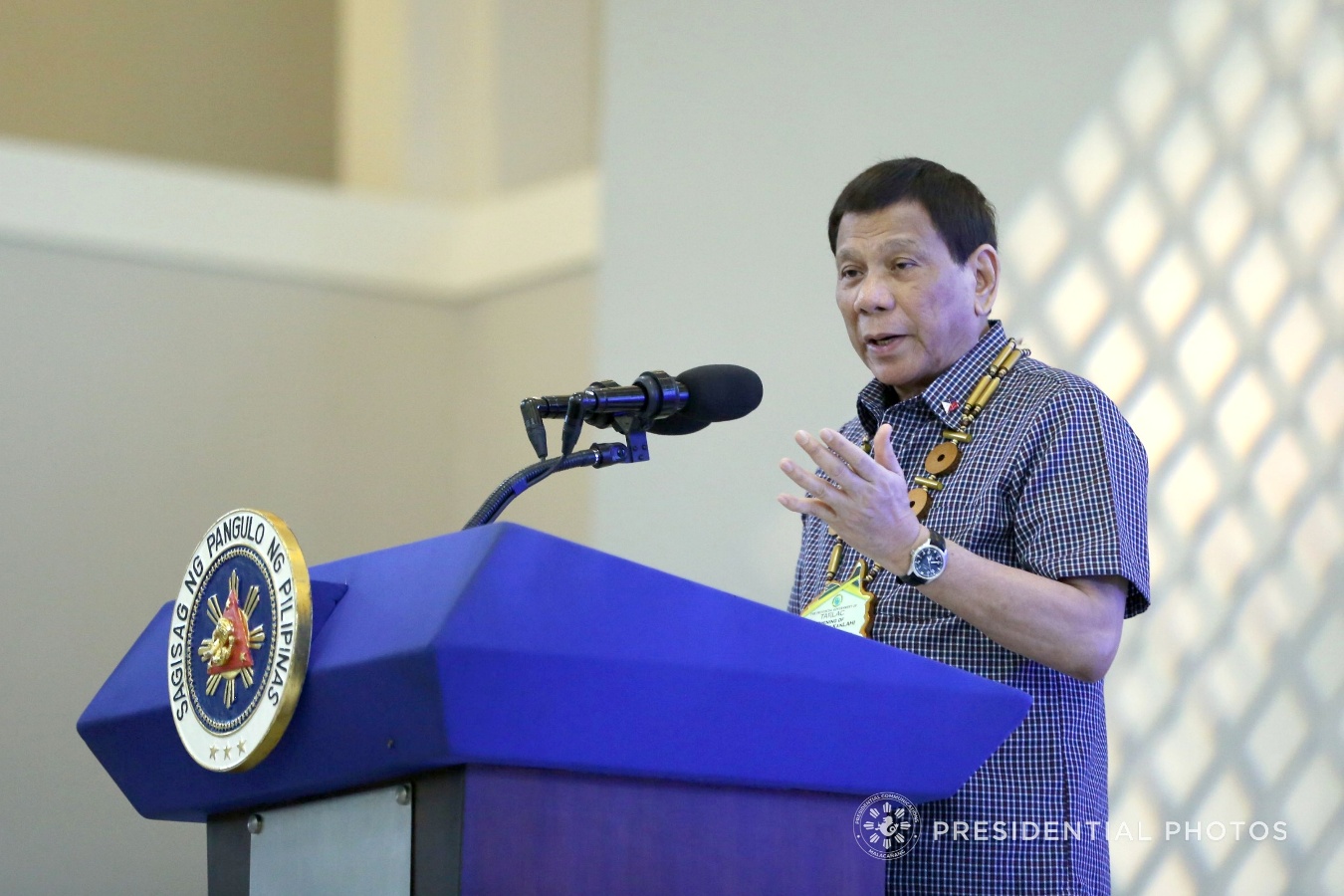Headline
PRRD signs law granting PNP, CIDG powers to issue subpoena

President Rodrigo Duterte has signed a law granting the Philippine National Police (PNP) and Criminal Investigation and Detection Group (CIDG) top officials the authority to issue subpoenas on cases under investigation. (KARL NORMAN ALONZO/PRESIDENTIAL PHOTO)
MANILA – President Rodrigo Duterte has signed a law granting the Philippine National Police (PNP) and Criminal Investigation and Detection Group (CIDG) top officials the authority to issue subpoenas on cases under investigation.
Registered as Republic Act No. 10973, the measure was signed on March 1, amending “for the purpose” RA 6975, otherwise known as the “Department of the Interior and Local Government Act of 1990.”
Under the new law, the PNP chief and the CIDG director and deputy director for administration will have now the power to issue subpoena and subpoena decus tecum “in relation to its investigation.”
The subpoena to be issued directly to the person whose attendance is required should “state the nature and purpose of investigation.”
On the other hand, the subpoena decus tecum shall contain “reasonable description” of books, documents or things being summoned for investigation.
“Failure to comply with subpoena and subpoena decus tecum shall authorize the filing of a case for indirect contempt under the rules of court with the Regional Trial Court,” stated in RA 10973.
Executive Secretary Salvador Medialdea has sent copies of the law to both the Senate and the House of Representatives.
Senator Panfilo Lacson, a former PNP chief, authored and sponsored the measure which, registered as Senate Bill 1239, was approved in January 2017.
Surigao del Norte first district Rep. Francisco Jose Matugas II, on the other hand, was the principal author of the bill, or House Bill No. 4863.
With the enactment of RA 10973, PNP and CIDG will join the Ombudsman, Department of Justice, the National Bureau of Investigation, the Philippine Drug Enforcement Agency, National Police Commission, Bureau of Internal Revenue, and the Cybercrime Operation Center of the Cybercrime Investigation Coordination Center that have the power to issue administrative subpoena and subpoena decus tecum.





















